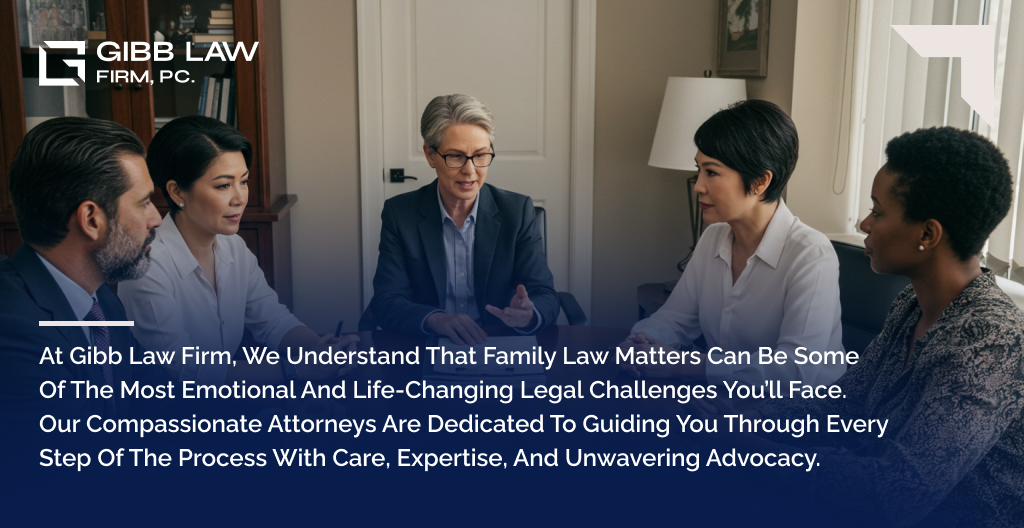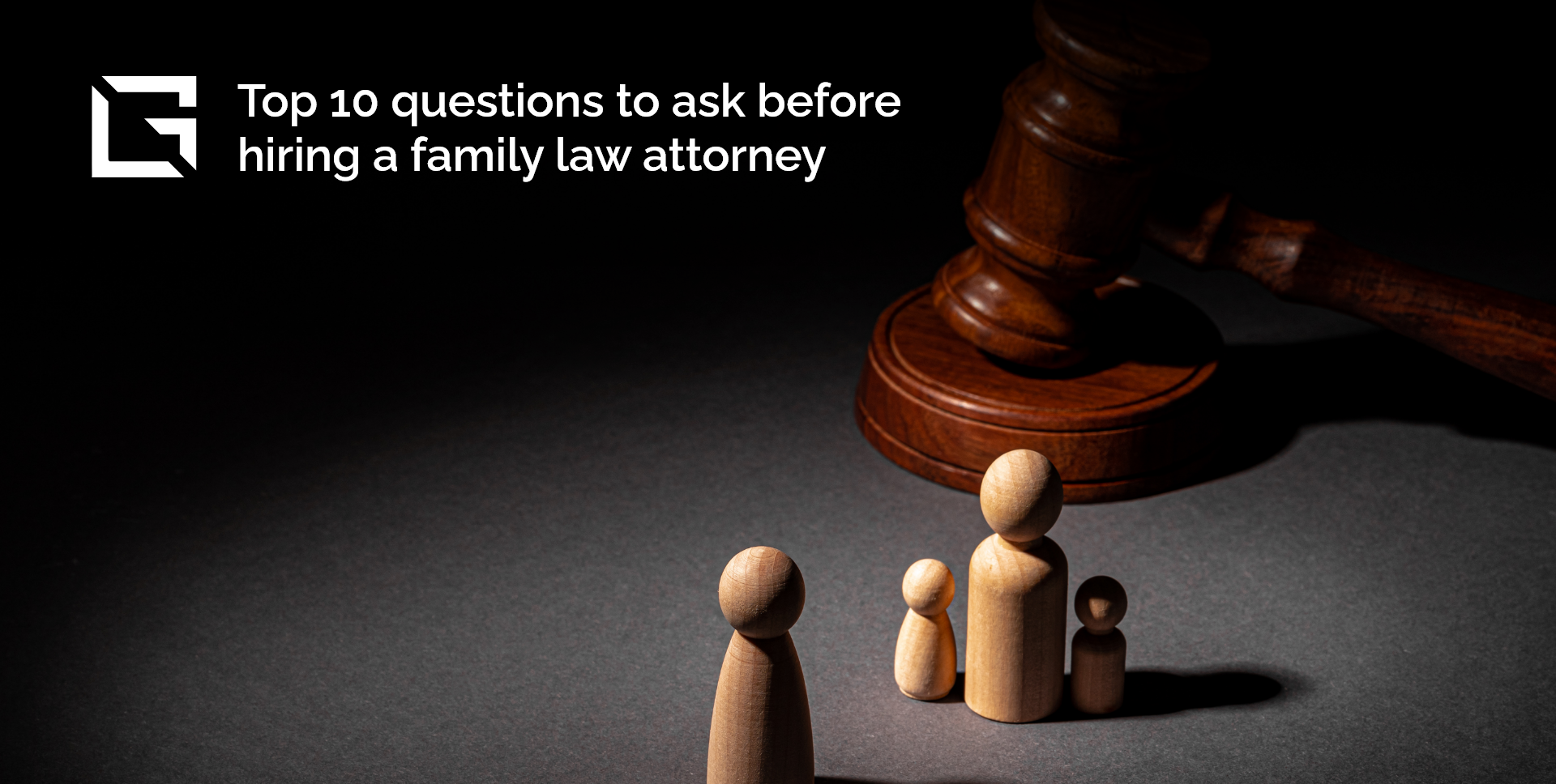If you’ve ever experienced the anxiety of walking into a courtroom for a custody hearing, you know just how emotionally charged these situations can be. Let’s share a quick story about Jessica—a dedicated mom who unknowingly sabotaged her custody case by letting her emotions control her words.
Jessica had always been fiercely protective of her two children. She felt justified in expressing frustration about her ex-partner’s parenting style during court proceedings. Unfortunately, her well-intentioned but emotionally-charged criticisms were perceived by the judge as hostility and an inability to cooperate, ultimately hurting her case.
Jessica’s story is not unique. Emotions run high, and it can be challenging to keep your cool in court. But the truth remains clear: what you say (and how you say it) in court matters immensely. Here are some common missteps parents often make, what you should never say in court, and effective strategies for navigating custody hearings successfully.
1. Never Badmouth the Other Parent
It might feel satisfying in the moment to highlight your ex’s shortcomings. You might even feel it’s your duty to point them out clearly to the judge. However, courts place tremendous value on parents’ ability to encourage positive relationships with both parents. Criticizing your ex-partner openly can suggest that you aren’t supportive of your child’s relationship with them, which may negatively impact your custody arrangement.
What NOT to say:
“My ex is a terrible parent who doesn’t even know how to care for the kids properly.”
What to say instead:
“I’m committed to co-parenting effectively, and I believe both of us have our children’s best interests at heart.”
2. Avoid Losing Your Temper
Custody disputes often ignite heated emotions. Yet, visibly losing your temper can severely harm your credibility. Judges closely observe emotional stability, as it reflects your ability to provide a stable environment for your children.
What NOT to say (or do):
Raising your voice, shouting, or making aggressive statements.
What to do instead:
Take deep breaths, pause before responding, and stay calm. If necessary, practice calming techniques before the hearing to help manage your emotions effectively.
3. Don’t Contradict Evidence
Always be truthful in court. Judges rely on credibility to determine facts and make decisions in your child’s best interests. If your statements contradict documented evidence, you risk severely damaging your case.
What NOT to say:
“I’ve never missed picking up my kids,” when visitation records clearly show missed visits.
What to say instead:
“I acknowledge missing some scheduled visits due to work conflicts, but I’ve adjusted my schedule to prevent this from happening in the future.”
4. Steer Clear of Unsupported Accusations
Making serious accusations without proof can backfire dramatically. The court expects substantiated claims, especially concerning sensitive issues like neglect or abuse. Unfounded accusations may suggest you’re trying to influence the court’s decision unfairly.
What NOT to say:
“My ex is abusive,” without providing clear evidence.
What to say instead:
“I’m concerned about specific behaviors and have documented instances I would like to present to the court.”
5. Avoid Making Emotional Outbursts or Threats
Custody battles evoke intense emotions, but displaying them openly through outbursts or threats signals instability to the court. Maintaining composure reassures the court of your emotional stability and capacity to nurture your children.
What NOT to say:
“I’ll make sure you never see the kids again!”
What to say instead:
“I hope we can find an arrangement that prioritizes our children’s wellbeing.”
6. Be Mindful of Social Media Posts
Social media can feel like a safe space to vent, but it’s a public record that opposing counsel may use against you. Posts that portray reckless behavior or negative sentiments toward your ex could severely harm your custody claims.
What NOT to post:
Negative rants about your ex or posts showcasing questionable behavior.
What to do instead:
Keep your social media neutral or refrain from posting entirely during your case.
Practical Tips for Preparing for Court
To ensure your words work in your favor, preparation is key:
- Consult Your Attorney: Talk through your strategy. Experienced family law attorneys, like our team at Gibb Law Firm, understand court expectations and can coach you effectively.
- Practice Your Testimony: Rehearse responses to likely questions to boost your confidence and composure.
- Focus on Your Child’s Interests: Frame every statement around your child’s needs and welfare.
Communicate Effectively and Strategically
Always communicate clearly and respectfully. Effective communication means staying factual, clear, and respectful, regardless of how provoked you might feel.
How We Can Help
Navigating a custody battle is challenging, but you don’t have to go through it alone. At Gibb Law Firm, we specialize in guiding parents through complex custody cases, ensuring your story is heard clearly and fairly in court.
If you’re preparing for a custody hearing or concerned about safeguarding your custody rights, reach out for a personalized consultation. Our expertise and compassionate guidance can help secure the best possible outcome for your family.
Remember, in court, your words carry significant weight. Choose them wisely, with clarity and compassion, always centering your child’s best interests.
Let’s navigate this journey together. Contact Gibb Law Firm today.
Conclusion
At Gibb Law Firm, we understand that family law matters can be some of the most emotional and life-changing legal challenges you’ll face. Our compassionate attorneys are dedicated to guiding you through every step of the process with care, expertise, and unwavering advocacy. Whether you’re navigating a divorce, child custody dispute, spousal support, or another family law issue, we provide personalized attention and strategic representation to protect your rights and your family’s best interests. Explore the Family Law section of our FAQ page or contact our team for a consultation—because your family’s future matters.
Disclaimer: This article is for informational purposes only and does not constitute legal advice. Please contact us to discuss the specifics of your situation.



